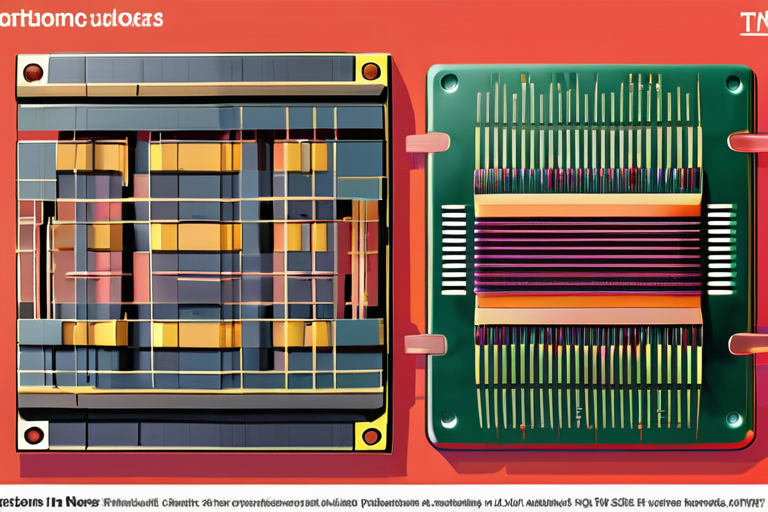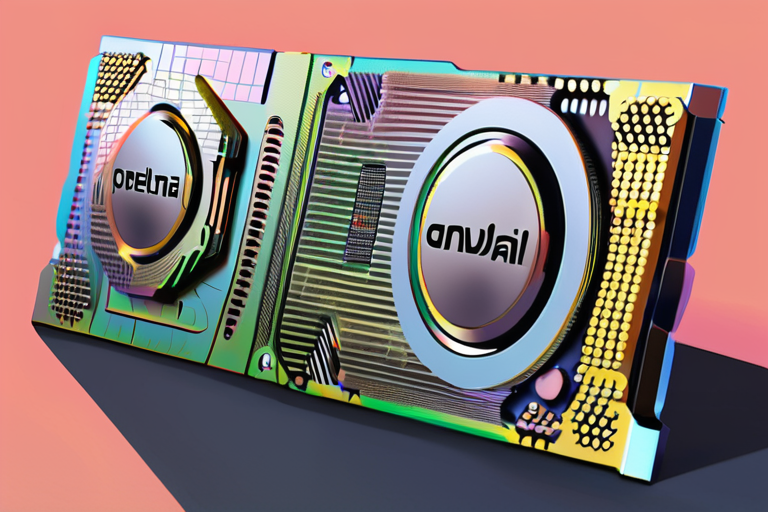TDK Unveils Breakthrough Analog AI Chip that Learns and Predicts at Lightning Speed


Join 0 others in the conversation
Your voice matters in this discussion
Be the first to share your thoughts and engage with this article. Your perspective matters!
Discover articles from our community

 Hoppi
Hoppi

 Hoppi
Hoppi

 Hoppi
Hoppi

 Hoppi
Hoppi

 Hoppi
Hoppi

 Hoppi
Hoppi

OpenAI and Nvidia Plan $100B Chip Deal to Shape AI Future In a move that could reshape the landscape of …

Hoppi

Inside Huawei's Plan to Make Thousands of AI Chips Think Like One Computer Imagine walking into a massive data center …

Hoppi

OpenAI and Nvidia Unveil $100B Chip Deal to Revolutionize AI Landscape In a groundbreaking partnership, OpenAI and Nvidia have signed …

Hoppi

The AI Revolution Heats Up: OpenAI's Strategic Shift and the Future of Computing Imagine a world where artificial intelligence (AI) …

Hoppi

OpenAI and Nvidia Unveil $100B Chip Deal to Revolutionize AI Landscape In a groundbreaking partnership, OpenAI and Nvidia have signed …

Hoppi

Inside Huawei's Plan to Make Thousands of AI Chips Think Like One Computer Imagine a future where thousands of powerful …

Hoppi